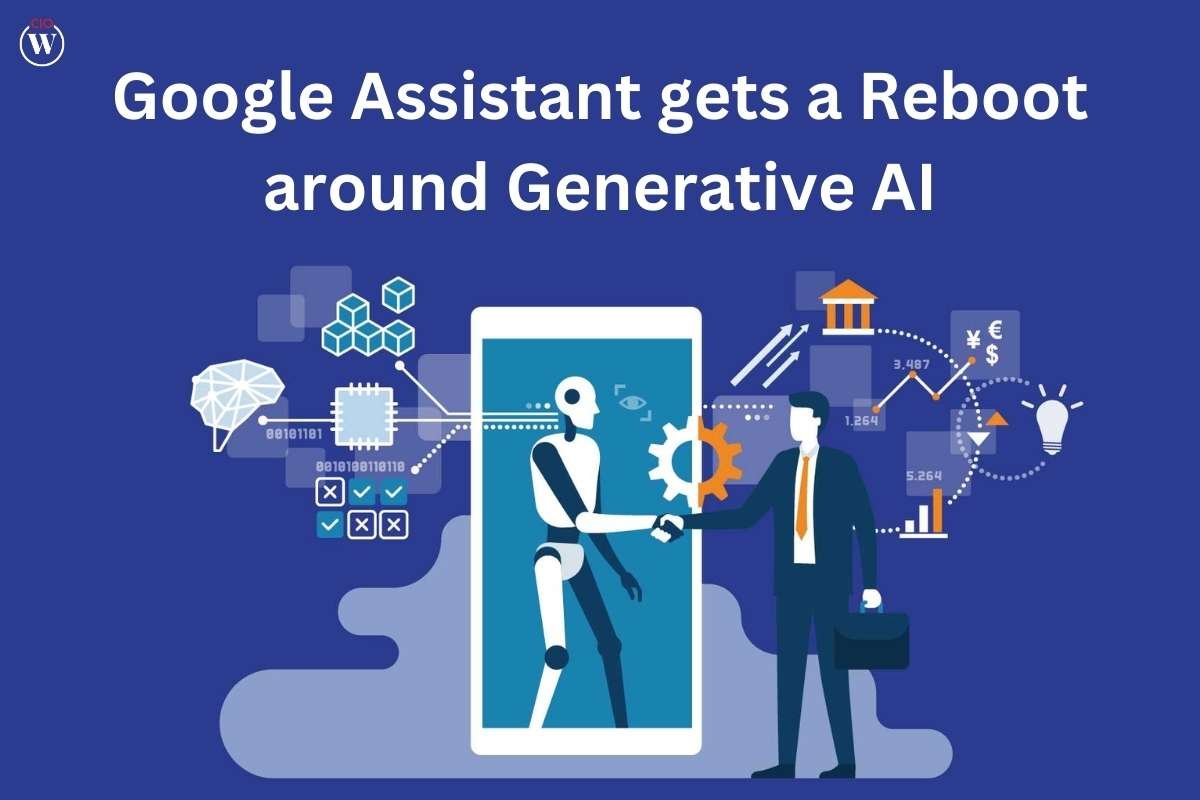The Google Assistant team is being reorganised around Google Bard, the company’s new LLM (long language model) ChatGPT clone, as was previously reported. Axios received a copy of an email sent to staff members outlining their new directives, in which it is stated that “dozens” of the “thousands” of individuals who work on the Google Assistant will be let go.
A Supercharged Assistant
Peeyush Ranjan, a Google VP, and Duke Dukellis, a director of product, instructed the team in an email to “explore what a supercharged Assistant, powered by the latest LLM technology, would look like.” According to the two executives, they have “heard people’s strong desire for assistive, conversational technology that can improve their lives.”
Google’s jargon-filled internal communications are difficult to understand, but it sounds like many changes are taking place. The Google Assistant’s “Services and Surface teams” are being combined, and the mobile team will now “operate separately” from that group (it sounds like this is just client app work?). A new team leader has been appointed for the “NLP” (we assume “Natural Language Processing”); however, the “Speech” team “will continue supporting Assistant and other products.”
‘Deeply Committed’
In the email, it is stated for the time being that “We remain deeply committed to Assistant and we are optimistic about its bright future ahead.” In Google’s domain of doublespeak, “deeply committed” is typically not where you want to be. After terminating researcher Timnit Gebru, Google AI lead Jeff Deen declared the firm was “deeply committed” to AI Ethics. However, today’s ethics team members claim they were excluded from high-priority releases like Google Bard. Recently, Google PR stated that the firm was “deeply committed to Waze’s unique brand” on the same day that the division lost its position as a separate corporation and was combined with Google Maps.
Up to this point, Google Assistant’s definition of being “deeply committed” has involved ceasing all hardware releases; the final Assistant gadget was introduced 2.5 years ago, in March 2021. Due to its resemblance to a Nest Hub, the Pixel Tablet certainly gives the impression that it was intended to be a Google Assistant smart display but was never released as a new product in that series. The Fuchsia OS team has been taking over the smart display software for Google Assistant, but according to 9to5Google, work on doing the same for speakers has come to an end. Additionally, Google allegedly informed staff members that it will “invest less” in the Google Assistant on non-Google products, such as automobiles. Whatever the Google Assistant tilt ultimately is, it appears to be a significant pivot.









